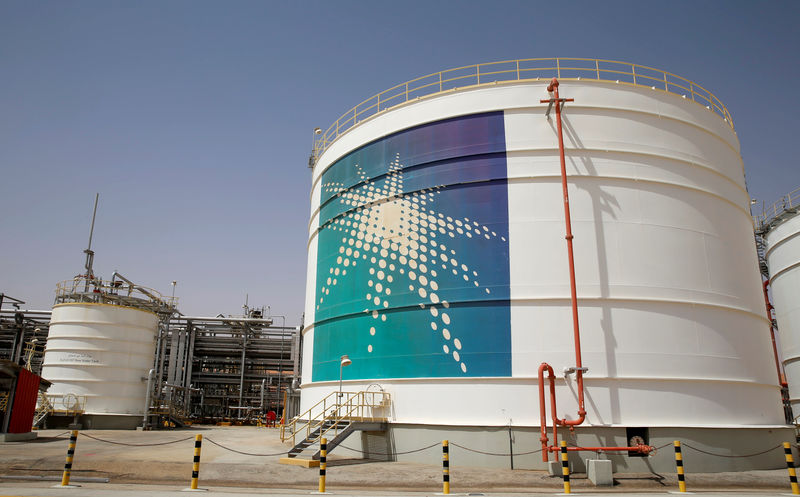By Florence Tan
SINGAPORE (Reuters) - Top oil exporter Saudi Arabia is expected to cut February prices for heavier crude grades sold to Asia due to weaker fuel oil margins, respondents to a Reuters survey said on Thursday.
Weak refining margins and an expected drop in Asia's crude demand during second-quarter refinery maintenance were also factors that may prompt Saudi Arabia to cut prices in February, the respondents said.
The official selling prices (OSPs) for Arab Medium and Arab Heavy crude grades are expected to fall by up to 50 cents a barrel in February from the previous month, according to the four refiners participating in the survey.
"Arab Heavy was too expensive in the past few months," said one of the respondents who expected a price cut of 50 cents.
Typical margins at a complex refinery in Singapore
A 15-cent drop in the price spread between the first and third month DME Oman crude futures may also prompt Saudi Arabia to lower OSPs, the respondents said. DME Oman accounts for half of the underlying Saudi OSP benchmark for Asia.
For light grades, two of the respondents expect the February OSP for flagship Arab Light crude to drop by 20-30 cents to keep Saudi oil competitive against rising U.S. shale oil supplies.
The same respondents also expect a 20-50 cent cut for the February Arab Extra Light OSP.
The United States has surpassed Russia and Saudi Arabia as the world's biggest oil producer, with overall crude production hitting an all-time high of 11.537 million barrels per day in October.
Still, Asia's demand for Saudi crude is set to rise this year as new refineries starting up in the first half of 2019 have committed to buying long-term Saudi oil. Saudi crude OSPs are usually released around the fifth of each month, and set the trend for Iranian, Kuwaiti and Iraqi prices, affecting more than 12 million barrels per day (bpd) of crude bound for Asia.
State oil giant Saudi Aramco sets its crude prices based on recommendations from customers and after calculating the change in the value of its oil over the past month, based on yields and product prices.

Saudi Aramco officials as a matter of policy do not comment on the monthly OSPs.